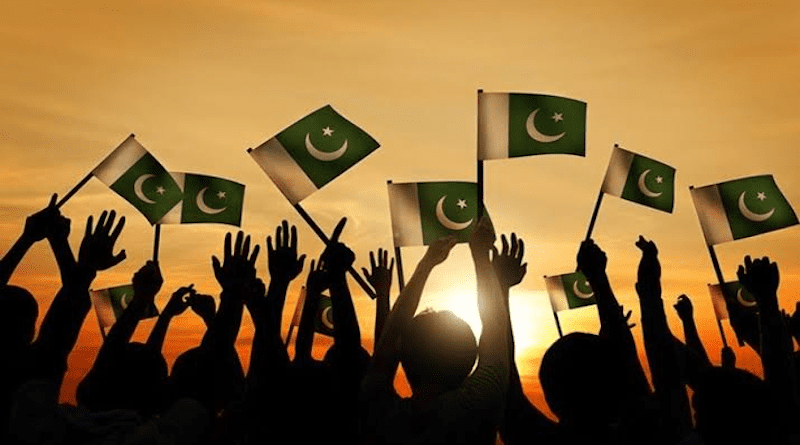Aftab Alexander Mughal

Religious minorities in Pakistan issue their demands for equal rights and protection of their lives, properties, and worship places ahead of national elections.
Pakistan is holding general elections on 8 February this year. At the beginning of the year, religious minorities, including Christians and Hindus, presented a “Charter of Demands” to political parties and the future government for the creation of a true democratic state in which non-Muslim citizens have equal rights without discrimination.
The list of demands was issued by Minority Concern, which has called on Pakistan’s “future government” to create genuine democratic space and protect the rights of non-Muslim citizens.
Minority Concern is a group that advocates for religious freedom and equal rights of religious communities in Pakistan. The 10-point ‘Charter of Demands’ says:
1. Minority rights should get significant space in the political process and the governance system of Pakistan.
2. Political parties take concrete measures to make Pakistan a pluralistic state by putting Qauide-e-Azam Muhammad Ali Jinnah’s speech in the parliament.
3. Implementation of the judgment (SMC No. 1/2014), given by the former Chief Justice of Pakistan Justice (Retd.) Tasaduq Hussain Jilani on 19 June 2014 on minority rights.
4. Minorities should have an effective presence in decision- making bodies, especially for the nomination of non-Muslim’s reserved seats, which should be representative, merit-based, and transparent.
5. Political Parties must give tickets to non-Muslim candidates where they can win in an open election on general seats from their respective parties.
6. The government, the Election Commission of Pakistan, and political parties, especially the candidates, must make sure that hate speech against non-Muslims should not be used or condoned. Therefore, minorities should actively take part in the elections of the country.
7. Political parties should table necessary bills in the federal and provincial assemblies for protection & development of Pakistan’s non-Muslim citizens.
8. The ‘Ministry of Minorities’ should be restored, and through a consultative process, ‘National Commission for Minorities’ should be formed.
9. Political parties should give special attention to the major minority issues, such as discriminatory laws, which are contrary to the international human rights treaties, protection of minorities, the issue of their development, abduction and forced marriages of non-Muslim girls, and the just implementation of jobs’ quota system.
10. Lands should be given to Churches and Temples, just like lands are given to Muslims.
The constitution of Pakistan considers non-Muslims as a minority, including Ahmadis, Christians, Hindus, Kalash, Sikhs, Zoroastrians and so on. Minorities are less than 5 percent of Pakistan’s 220 million people. Most Christians live in the province of Punjab, which is the most conservative region in the country. Majority of Hindu community lives in Sindh province.
No comments:
Post a Comment